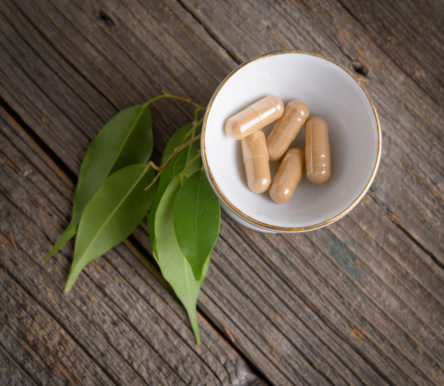Austin, TX—Recent statistics published in HerbalGram show that herbal dietary supplement sales in 2013 rose by 7.9% in the mainstream retail markets in the United States, reaching a total figure of approximately six billion dollars for the first time ever.
Herbalgram defines the mainstream market channel as food, drug, and mass-market stores, as well as club and convenience stores. This 7.9% increase is higher than the 7.3% increase in 2012, and marks the tenth consecutive year that herb supplement sales have increased. In addition to mainstream retail, there was also an 8.8% increase in sales in natural food stores.
The data for this report was compiled from herb supplement sales statistics from the Nutrition Business Journal (NBJ) and market research firms IRI and SPINS. In addition to overall sales data, research was also compiled to determine the best selling herbs and dietary herbal supplements in U.S. markets. The top five selling herbs were horehound, yohimbe, cranberry, black cohosh and senna. Topping herbal dietary supplement sales were turmeric and extracts standardized to curcumin; wheat/barley grass; flaxseed and/or flax oil; aloe vera and spirulina. Turmeric proved to be explosively popular in 2013, taking the top ranking by increasing 26.2% in sales after being the third most popular in 2011 and 2012.
HerbalGram editor-in-chief Mark Blumenthal attributes this constant sales growth to consumers turning to herbal options for a wider and wider variety of health concerns. He also notes that this all took place in spite of national economic issues, saying, “Over the past decade — even during the major economic downturn — retail sales statistics demonstrate the increasing level of interest and confidence that American consumers place in the herbal sector of the dietary supplement market.”
Published in WholeFoods Magazine, October 2014










